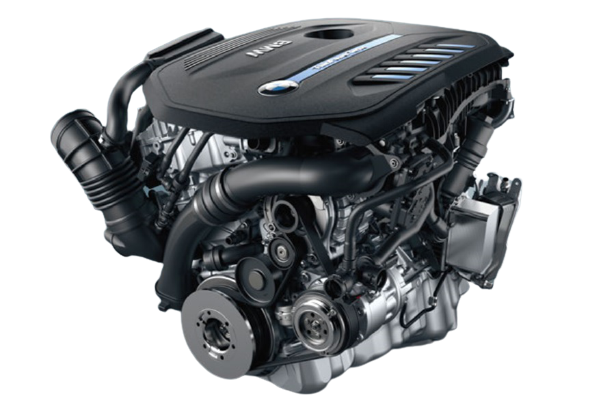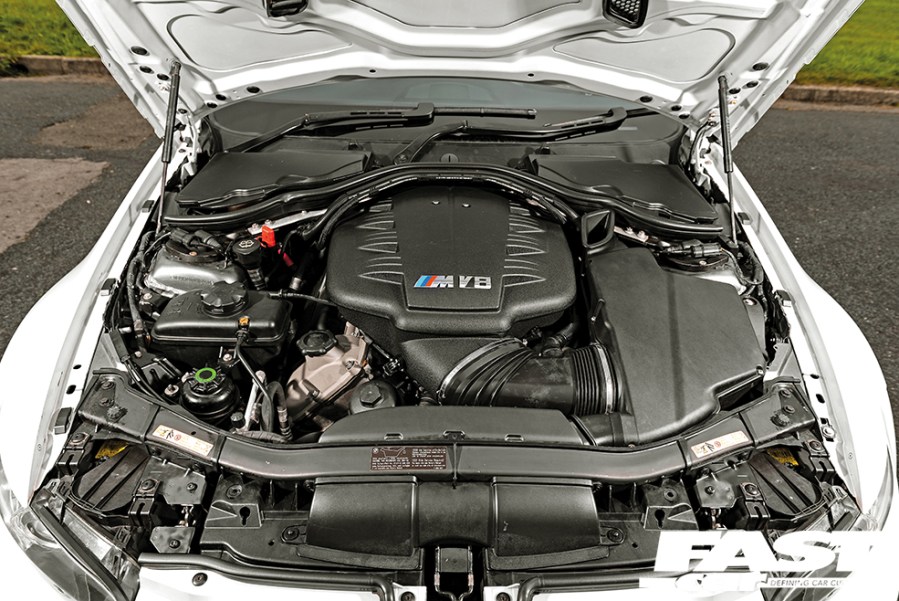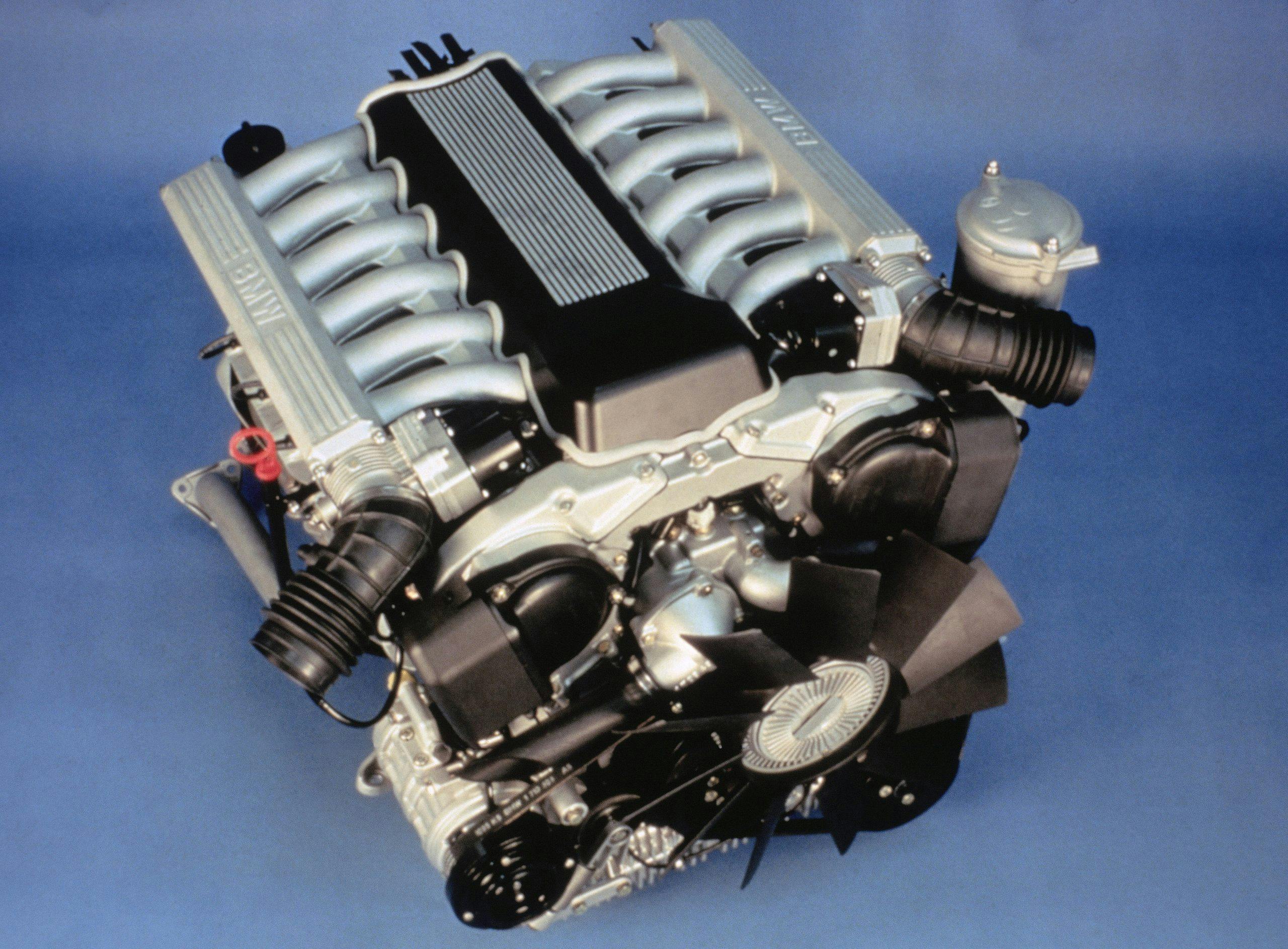Exploring the Efficiency Enhancements of the Latest BMW Engine Designs
Exploring the Efficiency Enhancements of the Latest BMW Engine Designs
Blog Article
Revealing the Intricacies of Next-Generation Power Units: a Deep Dive Into Advanced Engine Styles and Advancements
In the world of auto design, the unrelenting pursuit of sustainability, performance, and efficiency has propelled the advancement of power systems to unmatched heights. As we stand on the precipice of a new age in transportation, the complexities of next-generation engine designs bid us to explore the sophisticated modern technologies and advancements that guarantee to redefine the driving experience. From advanced products that push the boundaries of sturdiness and weight reduction to innovative turbocharging and turbo charging systems that elevate power outcome to brand-new levels, each part of these power systems holds an essential to unlocking the future of automobile design. Digging deeper right into the realms of discharge control, intelligent engine monitoring systems, and the horizon of power unit advancement, we discover ourselves on the cusp of an improvement that assures to reshape the landscape of movement as we understand it.
Development of Engine Materials

The change towards progressed engine products has actually additionally allowed designers to design engines with higher power outputs while preserving fuel performance standards. The usage of lightweight materials reduces the overall weight of the engine, leading to boosted fuel economy and lower discharges. In addition, innovations in products modern technology have allowed for much better thermal management within engines, causing enhanced reliability and longevity.
Turbocharging and Supercharging Technologies
Exactly How do Turbocharging and Supercharging Technologies reinvent engine efficiency and effectiveness in modern automobiles? Supercharging and turbocharging are modern technologies that significantly improve engine efficiency by enhancing the amount of air consumption right into the combustion chamber. Turbocharging attains this by utilizing a turbine driven by exhaust gases to pressurize the consumption air, while supercharging makes use of a belt- or chain-driven compressor to accomplish the same effect.
These innovations enable smaller, more fuel-efficient engines to produce power equivalent to larger ones, called downsizing. Forcibly more air into the cylinders, turbocharging and turbo charging boost burning performance, leading to increased horse power and torque outcome without a considerable increase in engine size. This brings about better velocity, hauling ability, and total driving performance.
In addition, turbocharging and turbo charging contribute to boosted gas effectiveness by enabling the use of smaller engines that consume less fuel under regular driving conditions - bmw engine. This mix of boosted efficiency and performance has made turbocharging and supercharging important elements of many contemporary engine layouts
Emission Control and Environmental Impact
With raising international problems regarding air quality and ecological sustainability, the execution of exhaust control technologies in lorries plays an important role in minimizing dangerous pollutants released into the atmosphere. Modern lorries are geared up with sophisticated emission control systems that aid lessen the ecological influence of automotive operations. Catalytic converters, for circumstances, are made to transform poisonous gases such as carbon monoxide, nitrogen oxides, and hydrocarbons into much less hazardous substances like co2 and water vapor.
In addition, developments in engine technology, such as the assimilation of exhaust gas recirculation systems and selective catalytic decrease, have actually significantly added to decreasing discharges. These innovations function in tandem to enhance combustion performance and minimize the launch of unsafe toxins into the air. Additionally, the development of hybrid and electrical lorries stands for a vital step towards lowering the overall ecological impact of the transportation sector.
Intelligent Engine Monitoring Equipment

In addition, these systems make it possible for cars to satisfy rigid discharges requirements without jeopardizing efficiency, providing a more environmentally pleasant driving experience. The integration of expert system and artificial intelligence capacities in engine management systems remains to push the borders of what is feasible, bring about further enhancements in efficiency, integrity, and overall automobile efficiency. bmw engine. As vehicle innovation developments, smart engine administration systems will certainly play an important duty in shaping the future of transportation in the direction of a much more lasting and efficient instructions
Future Trends in Power Unit Growth
As smart engine administration systems lead the way for enhanced control and optimization in contemporary vehicles, future fads in power device development are positioned to redefine the landscape of auto propulsion technologies. These different power resources use boosted effectiveness and performance while lining up with strict Going Here environmental laws.
An additional significant fad is the assimilation of sophisticated materials and manufacturing strategies. Lightweight materials such as carbon fiber and aluminum are being made use of to minimize overall vehicle weight, boosting fuel efficiency and performance. In addition, innovations in 3D printing and additive production are allowing redirected here the production of complex engine elements with higher accuracy and toughness.
Moreover, expert system and maker learning are playing a crucial function in optimizing power device performance. These technologies permit real-time monitoring and flexible control, leading to extra reputable and efficient power shipment. Overall, future patterns in power device advancement are geared in the direction of sustainability, effectiveness, and efficiency, driving the auto market in the direction of a brand-new era of propulsion innovations.

Final Thought
Finally, the advancements in engine products, turbocharging, emission control, and intelligent monitoring systems have led the way for next-generation power devices. These developments have not just better performance and efficiency however also lowered environmental effect. As modern technology remains to advance, future trends in power unit growth are likely to focus on more enhancing sustainability and enhancing power result. The intricate layouts and advancements in modern-day engines showcase the continuous advancement of automotive innovation.
Discovering the progressive developments in engine materials has been essential in boosting the efficiency and efficiency of contemporary engines. Over the years, the advancement of engine materials has played a crucial role in pressing the borders of what engines can achieve.The change in the direction of progressed engine products has likewise allowed engineers to develop engines with higher power outputs while Clicking Here maintaining fuel effectiveness standards.The application of smart engine monitoring systems in contemporary automobiles has transformed the method engines are managed and optimized for performance and performance. By gathering information in real-time and assessing it with advanced algorithms, intelligent engine management systems can adjust to driving designs, ecological elements, and engine health to make best use of power result while lessening fuel consumption and emissions.
Report this page